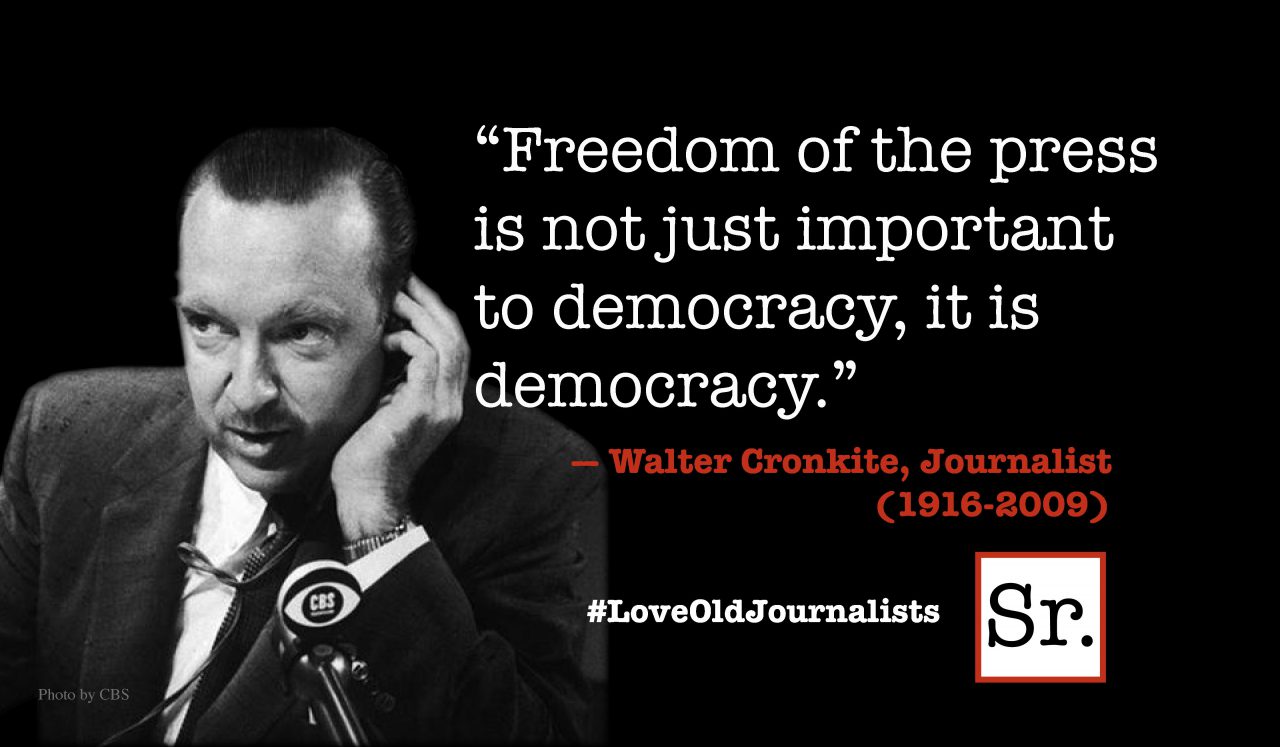There’s a reason only one top banker went to jail for the financial crisis,” an article by Jesse Eisenger, an investigative reporter, says in the lead piece in this Sunday’s New York Times Magazine.
The only one top banker who went to jail for the financial crisis — on January 27 — is Kareem Serageldin. Although he once earned nearly $7 million a year at Credit Suisse, Serageldin, 41, had always lived modestly. He worked ’round the clock, save for five or six hours of sleep, “creating and trading complex financial instruments.” So why is he the guy to take the fall, described by a friend as an “investment-banking monk.”
According to the piece, prosecutors said he had OK’d “the concealment of hundreds of millions in losses in Credit Suisse’s mortgage-backed securities portfolio.”
Eisinger writes that Serageldin lied about the value of his bank’s securities — a crime to be sure — “but other bankers behaved far worse…His (former) employer — for one — had revised its past financial statements to account for $2.7 billion that should have been reported.”
To put this in context: “Lehman Brothers, AIG, Citigroup, Countrywide and many others had also admitted that they were in much worse shape than they initially allowed. Merrill Lynch, in particular, announced a loss of nearly $8 billion three weeks after claiming it was $4.5 billion.”
The judge characterized Serageldin’s behavior “a small piece of an overall evil climate within the bank and with many other banks.” He sentenced Serageldin, an Egyptian-born trader who grew up in Michigan’s Upper Peninsula, to 30 months in jail. He “would earn the distinction of being the only Wall Street executive sent to jail for his part in the financial crisis,” said Eisinger.
In the aftermath of the crash in 1929 that led to the Great Depression, history reminds us that back then public hearings “seized upon public outrage.” The head of the New York Stock Exchange went to prison. In the savings-and-loan scandals of the 1980s, “1,100 people were prosecuted, including top executives at many of the failed banks. In the ’90s and early aughts, when the bursting of the Nasdaq bubble revealed widespread corporate accounting scandals, top executives from WorldCom, Enron, Qwest, and Tyco, among others, went to prison.”
Investigators were also going after Arthur Andersen, the accounting firm that had ”blessed” Enron’s “phony balance sheets and shredded documents shortly after it had detonated. Andersen was convicted by a jury. Within months the firm closed down, costing tens of thousands of people their jobs.”
The verdict was expected to “embolden the Justice Department but it shocked much of the corporate world and even many prosecutors, who thought the department had abused its powers at the cost of thousands of innocent workers.” The verdict “resulted not in more boldness but in more caution on the part of federal prosecutors,” said Eisinger.
Back in the Clinton years, Eric Holder, then deputy attorney general, advocated steps to toughen corporate prosecutions. In March, as U.S. attorney general, in testimony in front of the Senate, Holder “seemed to lament the position government enforcers had found themselves in”:
“I am concerned,” Holder said, “that the size of some of these institutions becomes so large that it does become difficult for you to prosecute them when we are hit with indications that if we do prosecute — if we do bring a criminal charge — it will have a negative impact on the national economy, perhaps even the world economy.”
“Holder quickly walked back the remarks,” Eisinger said.
This article originally appeared in the San Leandro Times.









